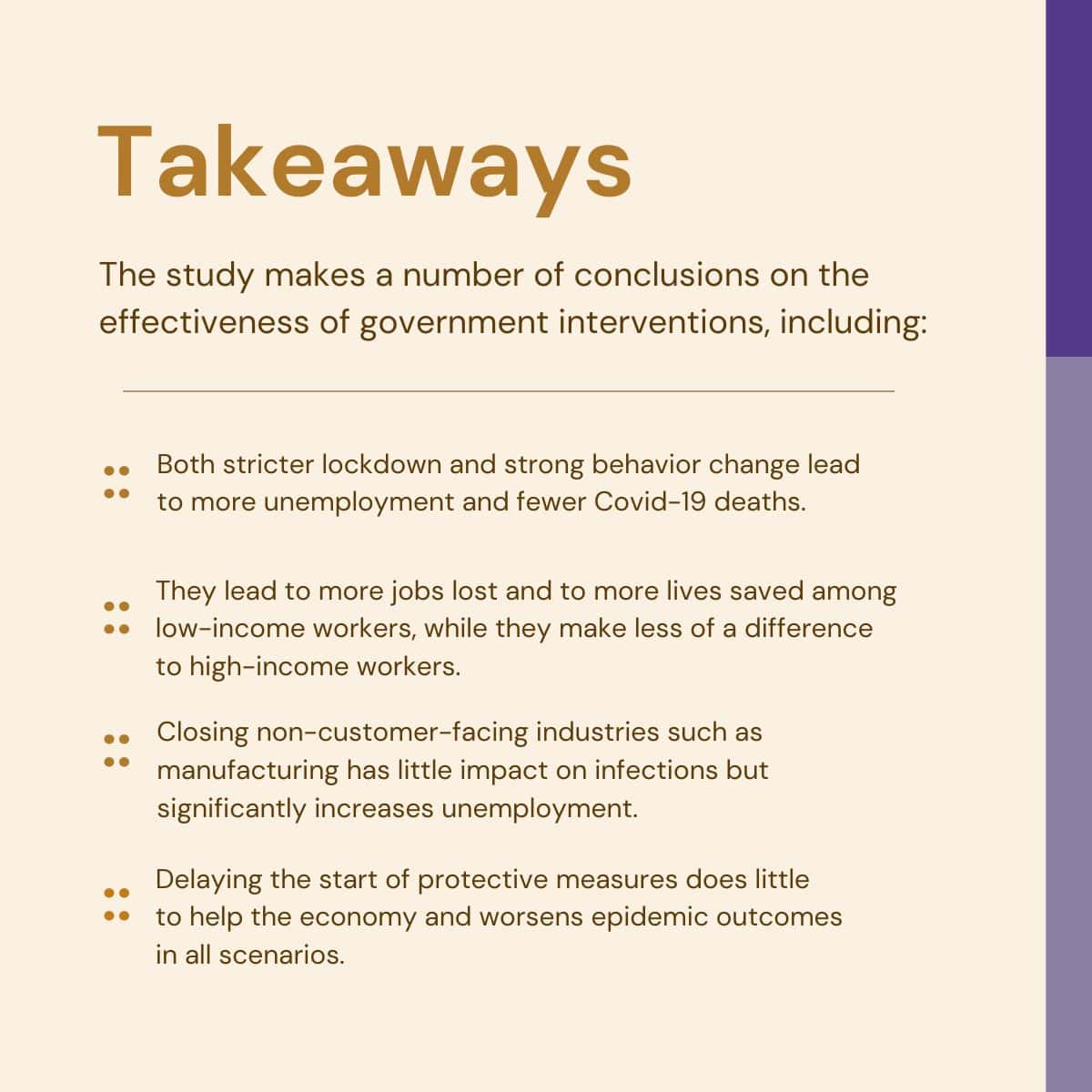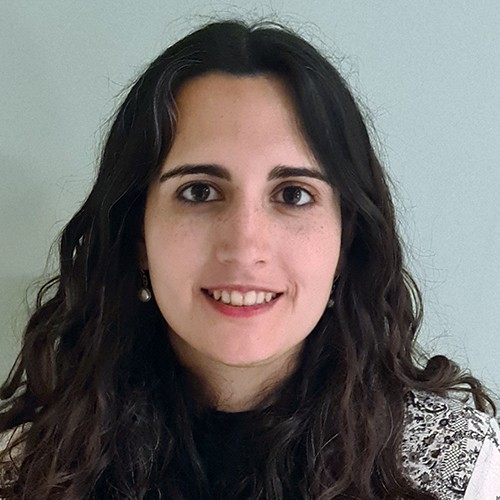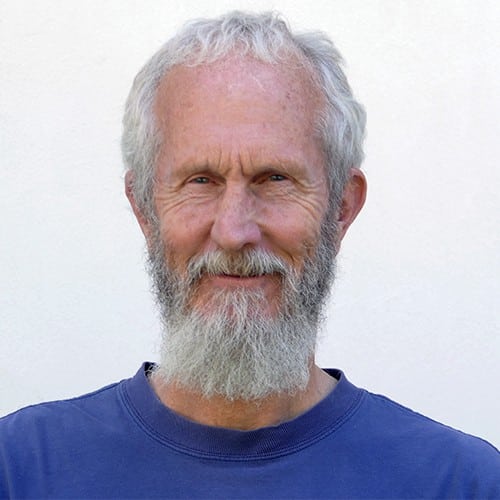A team of international researchers measured the effectiveness of government interventions in NYC with a highly granular and data-driven model.
Is lockdown an effective response to a pandemic, or would it be better to let individuals spontaneously reduce their risk of infection? A new study suggests these two highly debated options lead to similar outcomes.
An international team of researchers developed an economic-pandemic model that addresses some of the key policy debates of the Covid-19 pandemic and will, in the future, assist governments and policymakers in taking tough decisions – and assessing effective actions.
The model designed by the team, including experts from the Complexity Science Hub (CSH), was tested using data from New York City’s response to Covid-19. And it accurately predicted both the death rates and the impact on the city’s economy of the first wave of the pandemic. Additionally, it made a number of conclusions on the effectiveness of government interventions (see below). Their findings are published in the journal Nature Human Behaviour.
HOLISTIC AND GRANULAR TOOL
The scientists combined economic modelling with epidemic data, to create a holistic tool that can predict health and economic outcomes from pandemic policy decisions.
“A key aspect for arriving at our results was that we were modeling epidemic and economic effects on a very granular level, that is, the level of individuals, households and firms,” says CSH researcher Anton Pichler, one of the co-authors of the study.
“Our bottom-up modeling approach allowed us to couple detailed epidemic and economic models that can give policy recommendations on a much more fine-grained level and thus can be very useful for policymakers in the future,” adds Picher, who primarily contributed to quantifying indirect economic consequences of lockdowns and changes in consumption patterns by modeling supply chain relations between companies.
TIMELY
According to co-author Doyne Farmer, external faculty member at CSH and director of the Complexity Economics Programme at INET Oxford, the paper is timely, given the Covid-19 enquiries across the world.
“We are seeing governments across the globe begin their ‘moments of reckoning’, reviewing the effectiveness of a great variety of policies brought in during Covid-19,” says Farmer.
“According to some, lockdowns were not imposing any trade-off between health and the economy, because if the virus got out of control the economy would be equally damaged. According to others, letting at-risk individuals spontaneously reduce their risk of infection would have led to the best epidemic and economic outcomes, with no trade-off. These debates have remained contested and unresolved.”
“Our quantitative research helps provide evidence-based answers to these questions, suggesting that both lockdowns and spontaneous behavior change lead to similar trade-offs between health and the economy. Those that claimed that there was no trade-off between health and the economy were not basing their belief in a quantitative model,” continues Farmer.
FUTURE PANDEMICS
Co-author François Lafond, deputy director of the Complexity Economics Programme at INET Oxford, says the model is a big step forward in helping governments prepare for future pandemics.
“Thanks to the level of detail of the model, we could show that low-income workers were affected more by policy decisions, on either side of the health-economy trade-off. Of course, the trade-offs might be different for future crises, but to evaluate these we will need the same kind of interdisciplinary collaboration, building computational models of behavior to simulate realistic synthetic populations in real time.”
CSH researcher Maria del Rio-Chanona also highlights how policy decisions affect low-income workers “There is a trade-off between health and economy during a pandemic, and that this is mostly felt by the poor, it’s a trade-off between poor contracting Covid-19 and poor getting unemployed. This for me suggests that to keep the economy and health system afloat one needs to provide safety nets for the poor population,” evaluates del Rio-Chanona.
INTERNATIONAL AND INTERDISCIPLINARY
The research team was led by Marco Pangallo, of CENTAI Institute. It included experts from CENTAI Institute Turin; University of Zaragoza; Complexity Science Hub; Universidad Carlos III de Madrid; Northeastern University; Institute of New Economic Thinking at the Oxford Martin School; University School of Public Health Bloomington; MIT; and the Santa Fe Institute.
The paper “The unequal effects of the health–economy trade-off during the COVID-19 pandemic” is published in Nature Human Behaviour.
About the study
The study “The unequal effects of the health-economy tradeoff during the COVID-19 pandemic” was published in Nature Human Behaviour.




